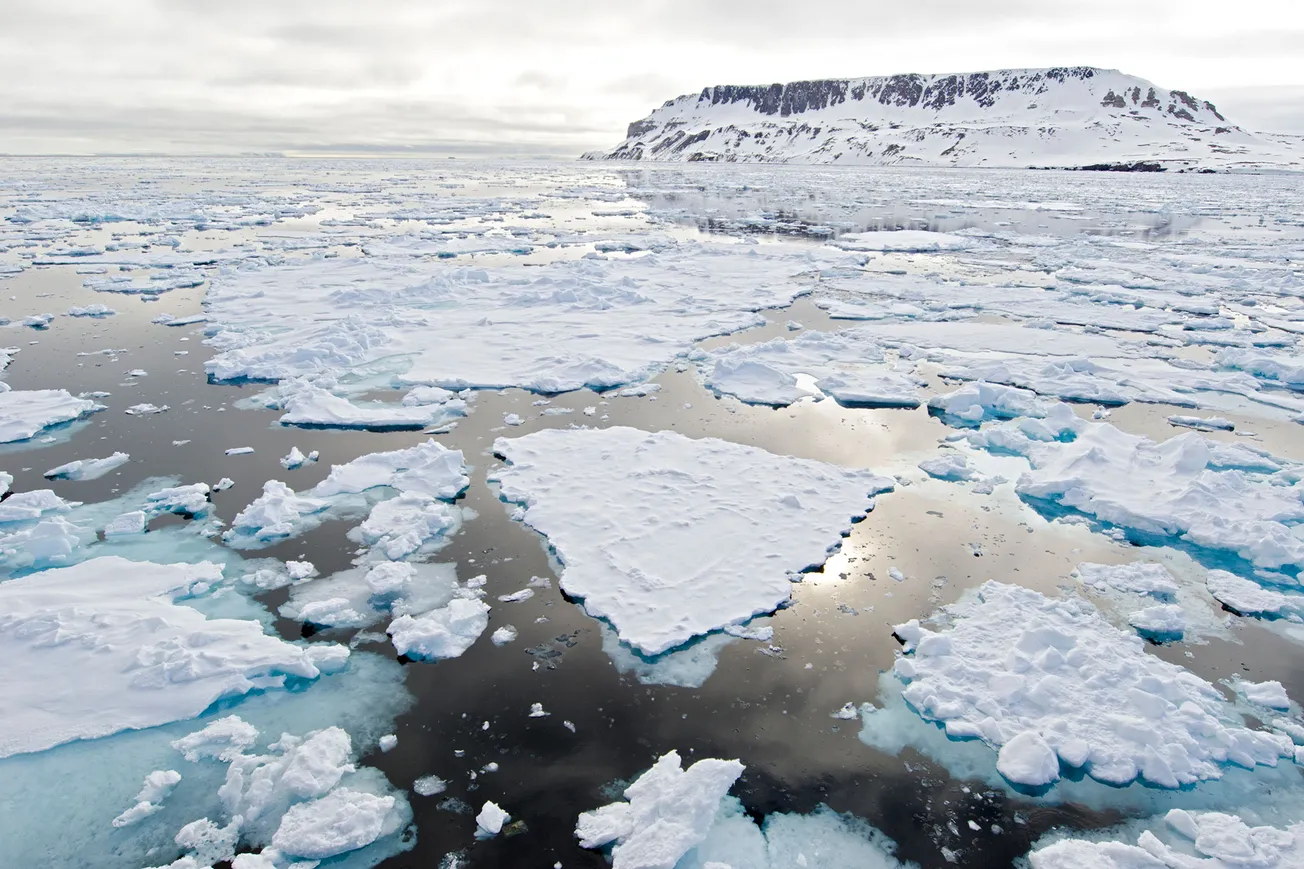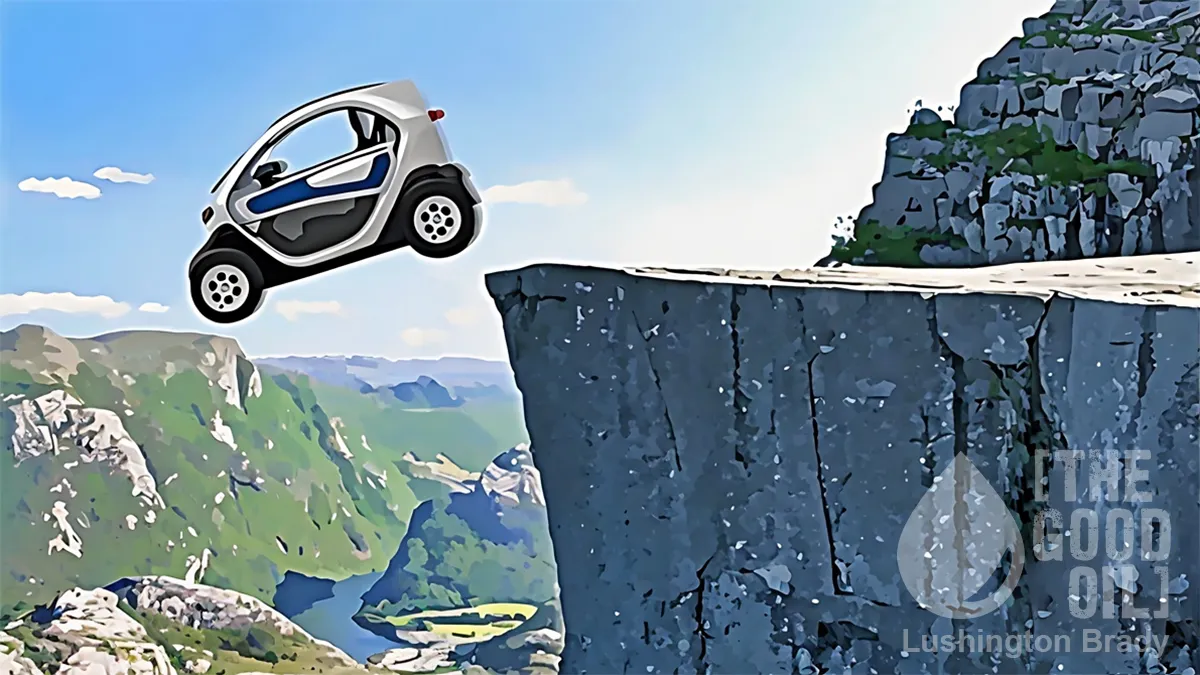Table of Contents
At some point, calling out the lies and misinformation spewing forth from so-called “fact checkers” has to be declared too easy fruit. But today is not that day, my friends. For as long as these shiftless shills are allowed to pose as arbiters of “truth”, we must keep ripping away the curtains of their lies.
Especially when the lies are peddled by taxpayer-funded behemoths with the unmitigated chutzpah to declare themselves “the most trusted” news sources.
You certainly wouldn’t trust them with your children, not after they’ve been exposed for harbouring and enabling industrial-scale paedophiles for decades. And you shouldn’t trust them an inch when they start babbling about ‘climate change”.
The BBC More or Less radio programme recently ‘fact checked’ the Daily Sceptic’s report that sea ice in the Arctic had soared to its highest level for 21 years on January 8th this year.
As is so often the inconvenient problem for “fact checkers”, claims like this are invariably true. They are, in fact, facts. It was a fact when Craig Kelly said there has been no nationwide drying trend in Australia over the last 120 years. It was a fact when Dick Smith said no country runs on 100% “renewables”. Yet the ABC lied when it “fact-checked” both.
Big surprise: the BBC is lying, too.
Alas, the report was confirmed to be true so the Beeb went down the ‘cherry pick’ line of attack. Curiously missing from the programme was any mention that the article dealt mainly with long term trends in Arctic sea ice and concentrated on scientific evidence that showed at least a decade-long slow recovery. The ‘fact check’ did little more than confirm the widely held suspicion that many BBC programmes are now infected with a need to crowbar a climate catastrophe narrative into broadcast messages […]
The 21-year high on January 8th was clearly identified as part of a number of short and long term trends, and in the third paragraph of the article it was noted that ”we must be careful not to follow alarmists down their chosen political path of cherry-picking and warning of climate collapse on the basis of individual events”.
So, the BBC, which routinely erupts into fits of screaming mee-mees when summer days are hot (invariably relying on weather stations literally classed as “junk”), resorted to the “it’s just weather, not climate” gambit.
It is evident that the BBC did little investigative work on the matter despite More or Less priding itself on checking statistics and data. Instead it relied on the usual ‘scientists say’, in this case Professor Julienne Stroeve. The UCL “Earth Scientist” attempted to muddy the Arctic sea ice waters by suggesting the ice extent is thinner, but presenter Tom Colls had to admit, “the data is not available yet”.
If you pick a particular day, you might just be talking about the weather, states Colls. There is no correlation between winter sea ice extent and how much the ice will melt in the summer, added Stroeve.
Then the cherry-picking began in earnest. Stroeve argued that since 1979, the four-decade trend has been downward. Why did he pick 1979 as his baseline? Because 1979 was an unusual high point for Arctic sea ice. But, as Colls rightly stated, a single year in isolation tells you little (what was it Blake said, about “a truth that’s told with bad intent”?).
A more detailed review of the statistics gives a more realistic interpretation. According to recent work published by the Arctic scientist Allan Astrup Jensen, the summer ice plateaued from 1979-97, fell for 10 years and then resumed a minimal downward trend from 2007. Jensen observes that either side of the 10 year fall after 1997, there have been minimal losses.
In fact using a four-year moving average, the trend has been slightly upwards over the last few years. The graph below is compiled by the investigative science writer Tony Heller and shows the recent stability of Arctic summer sea ice around the minimum recorded every September. A slight recovery from about 2012 can be clearly seen.
The Arctic is, of course, a particular embarrassment for the Climate Cult. After a flurry of hysterical predictions that it would imminently vanish forever, the Arctic is still, stubbornly, there.
Since the drop in the early part of the century, alarmists have been forecasting ice free summers in the Arctic in the near future. Sir David Attenborough told BBC viewers in 2022 that the Arctic could be ice free by 2035. Professor Stroeve claims to have briefed former U.S. Vice President Al Gore, a man who has never lived down reporting that the ice could all be gone by 2014 […] Stroeve suggests ice free summers in the Arctic by the next 50 years.
Notice how these predictions are forever just a few decades away? It’s almost as if they’re hoping we’ll just forget, by the time the predicted doomsday passes without incident. Oh, well: tomorrow is always just another day for these loons.
In fact what has clearly been happening is noted by Tony Heller. They bury the old data going back to the 1950s, “and pretend they don’t notice sea ice is increasing again”.
The Daily Sceptic
Because they can always rely on their cult-like followers to never notice when they’re being had.









